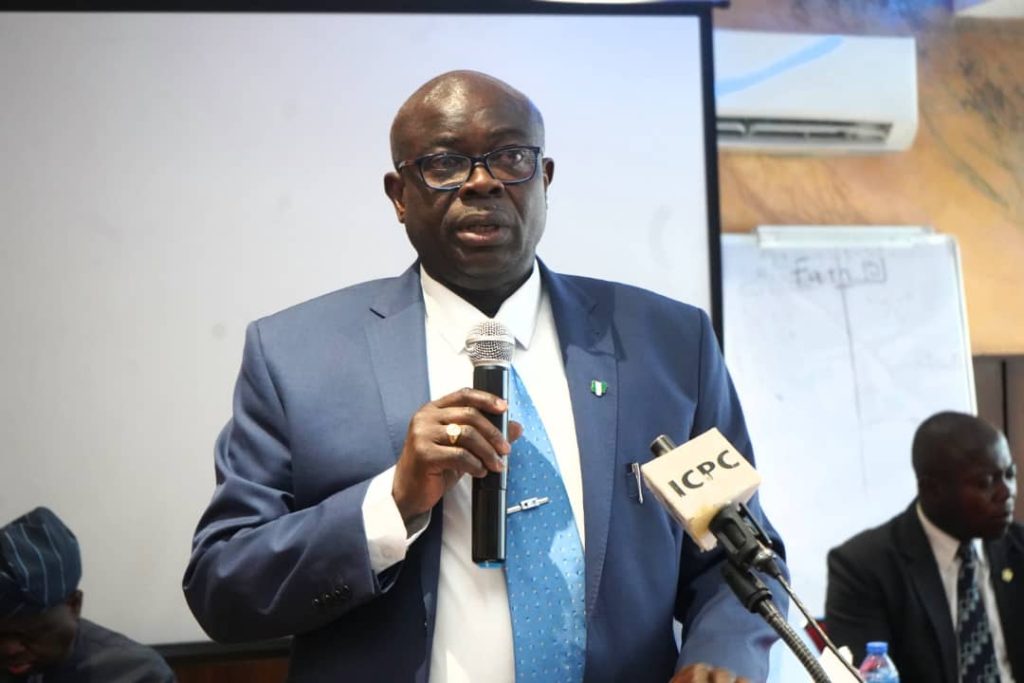Prof. Olawale Babawale, revealed that since its inception in 2014, the academy has successfully trained over 24,000 participants,even across the ECOWAS sub-region and the African Union, using hybrid methods.
The Independent Corrupt Practices and Other Related Offences Commission (ICPC) has emphasized the need for effective collaboration among the armed forces and paramilitary agencies to combat corruption in Nigeria.
The call was made on Wednesday in Abuja by the ICPC Chairman, Dr. Musa Adamu Aliyu, at the opening ceremony of a three-day workshop tagged “21st Century Policing: Capacity Building Techniques and Brand Management for Security Image Makers.”
Dr. Aliyu, who spoke through the Secretary to the Commission, Mr. Clifford Okwudiri Okparaodu, said ICPC is willing to work with other sister agencies in the security sector to prevent corruption.
His words: “Undoubtedly, the war against corruption cannot be won in a swoop, neither can it be won by ICPC or any anti-corruption agency alone, but by a series of efforts involving stakeholders like you. This is where your role as the image makers of your agencies comes to the fore.
“As public relations professionals and image makers for your organisations, you should not only report the right things about your organisation but be seen to be doing the right things. You are not expected to cover up acts of corruption in the name of projecting the image of your organisation.”
Earlier in his remarks, the Provost of Anti Corruption Academy of Nigeria, Prof. Olawale Babawale, revealed that since its inception in 2014, the academy has successfully trained over 24,000 participants,even across the ECOWAS sub-region and the African Union, using hybrid methods.
He explained that given the strategic role of public relations practitioners as the image makers of their organisations, they are expected to be the bastion of integrity and veritable partners in the war against corruption especially for the military, paramilitary, law enforcement, and registered private security organisations.
Prof. Babawale said: “The learning objectives have been formulated in such a way that participants are equipped with the knowledge and skills that would enable them to become viable partners in the anti-corruption war, while also carrying out their duties effectively, using contemporary strategies. This way, we believe that the foundation for a long-term sustainable assault on corruption is laid.”
Participants were drawn from the Nigeria Customs Service (NCS), Nigerian Army, Federal Road Safety Corps, FRSC, and National Drug Law Enforcement Agency, NDLEA, among others.






